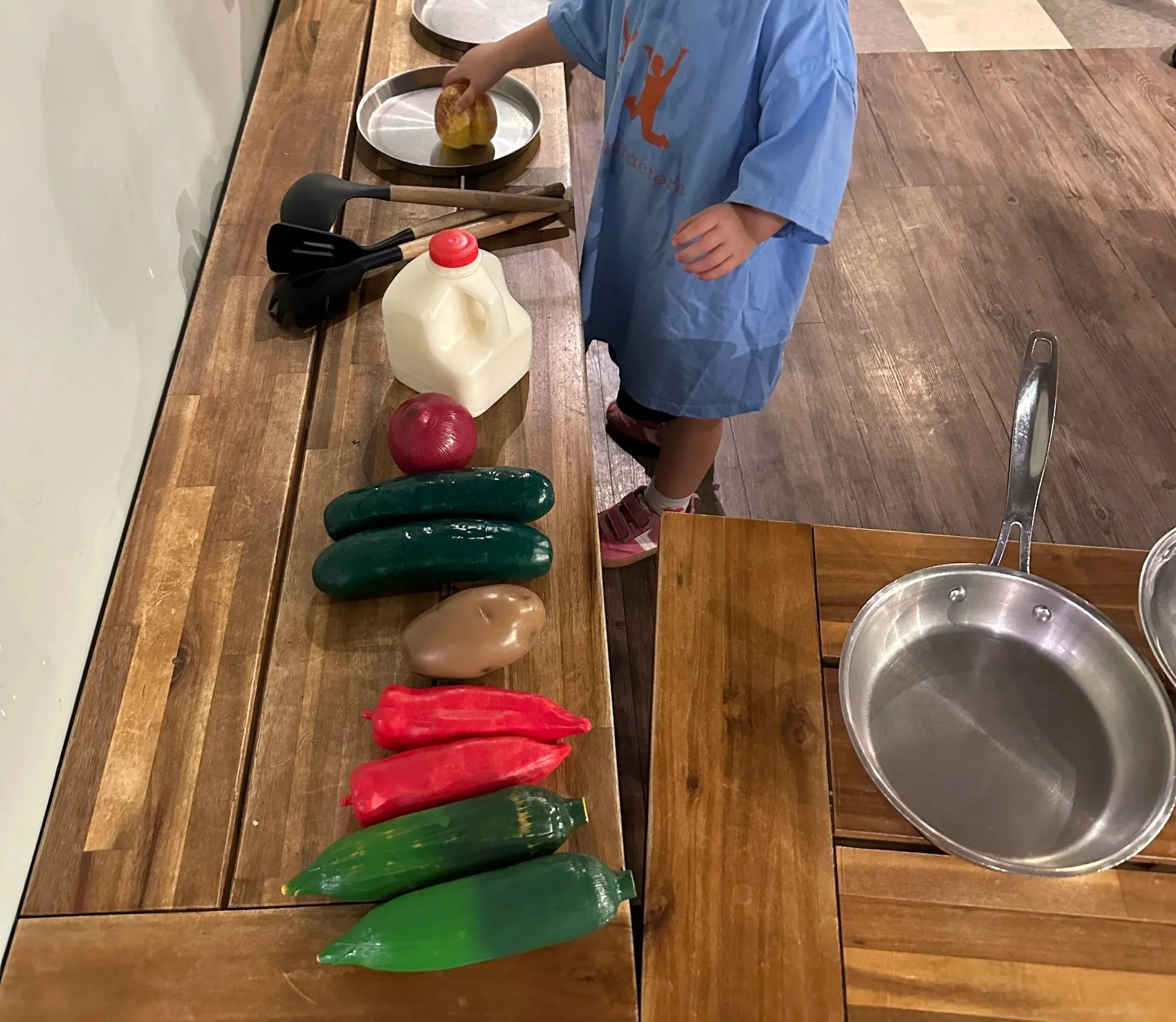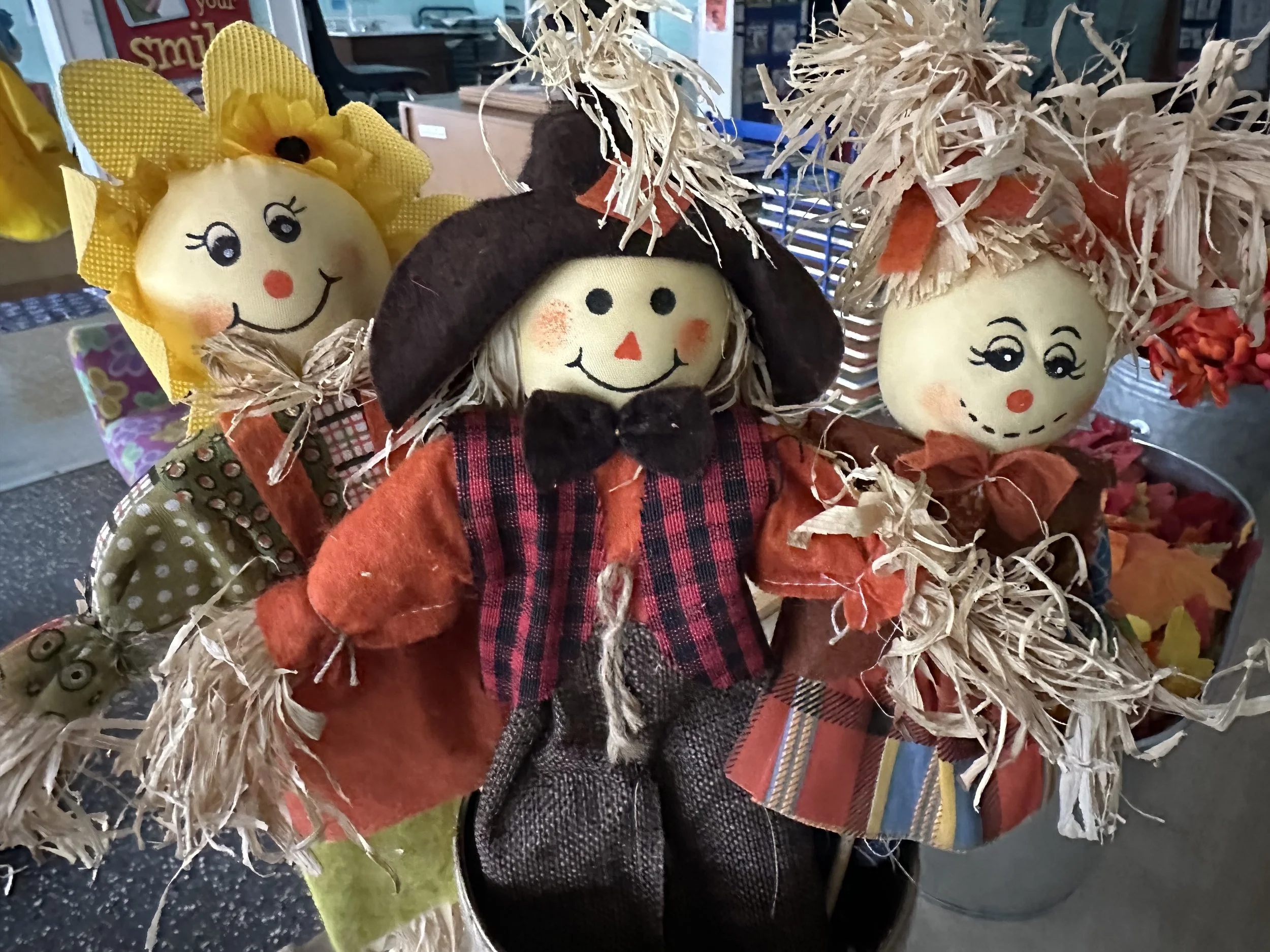Let’s play firefighters! - Why is dramatic play so important in preschool?
As a part of our series on play-based learning and free choice centers, today we are focusing on the dramatic play center and why it is important in any early childhood classroom. Oddly this topic of play-based early childhood programs and specifically dramatic play sparks lots of controversy and debates. Is it important or is the more rigid “traditional” methods of education that can be found in elementary schools more appropriate? During the late 1980’s into the 1990’s there was a shift in early childhood education to more rigid and formalized education, especially when it came to teaching pre-reading skills and mathematics. Play was not emphasized as much and the more formal ways of teaching generally seen in elementary schools was making its way into preschools. This was due in part to the beginning of standardized testing and the focus on bridging the gap in achievement that some administrators and legislators saw forming for families in lower income areas versus families in middle income to wealthier communities.
The National Association for the Education of Young Children led the way in keeping the focus on play-based learning and specifically dramatic play in early childhood programs. This group taught care givers and teachers the importance of dramatic play and how it teaches language, mathematics, science, social studies and more to 3–5-year-olds in a way that they understand and at their own pace.
Today the Colorado Shines program which uses the Early Childhood Rating Scale as a primary document on what constitutes a high-quality early childhood program emphasizes dramatic play in all the different free choice centers. They focus their approach on making sure each center has toys (a preschooler’s tools) and plenty of time and space to really foster play. And of course, they advocate strongly for a dramatic play free choice center in each early childhood classroom.
In our classroom we have a dedicated dramatic play center in which the preschoolers can go to numerous times of the day. It has a kitchen set, food from many different cultures, dolls for dressing, rocking and feeding and dress up clothes for kids to wear. It is situated on the side of the room where the louder centers are like blocks, science and table toys. Every two weeks we have a section of the dramatic play area that we change out to coincide with our thematic units that we are studying and the time of year. At any given time, you may see a fire station set, a grocery store or even a campground. We have an extensive collection of units that the kids love to explore! It sparks their curiosity and imagination which is what we want to happen. It helps them develop language skills by talking with their friends while pretending to be firefighters, moms and dads, chefs and so much more. It develops problem solving skills when they have to work out social situations like sharing the toys, use kind words and saying what their friends did that upset them. They learn math concepts like same and different, patterning, sets of items, sorting and classifying simply by setting a small table for dinner for two friends. We immerse ourselves in social studies by making sure there are play foods from different cultures as well as play clothes to dress up in from other cultures. We also try to extend the learning by making sure our dramatic play area reflects any field trips we may be taking.
The biggest concept to keep in mind is that play-based education is fun, and it captivates your children’s attention. It makes coming to school exciting! Who wouldn’t want to dress up in a dinosaur costume and hang out among pumpkins? And let’s face it, sometimes getting them out the door and into the car is a challenge. With play-based preschool, every day is an adventure! Come join the adventure at Small Characters Learning Center!



